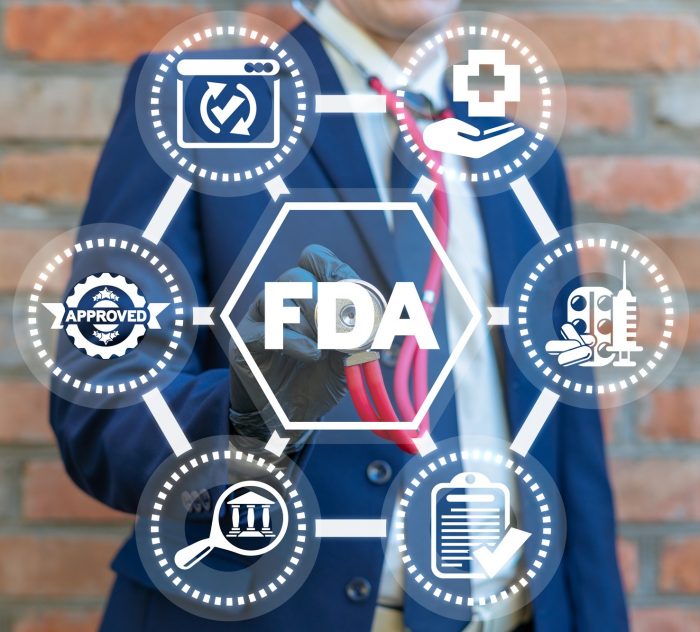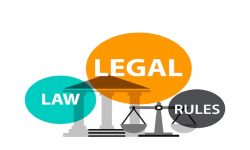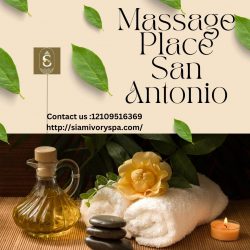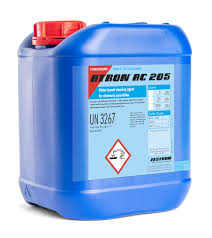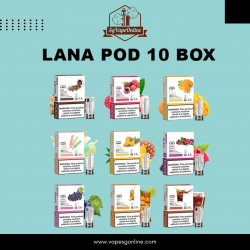Navigating the Maze: Homeopathic Drug Consultations, OTC Products, and Legal Considerations
The world of healthcare can be complex, especially when it comes to alternative and complementary medicine. Homeopathic drugs, for instance, have gained significant popularity in recent years. However, navigating the legalities and safety aspects of these remedies can be a challenge for both consumers and practitioners. This comprehensive guide aims to shed light on homeopathic drug consultations, over-the-counter (OTC) products, and the role of consumer protection laws in this domain.
Homeopathic Drug Consultations: Understanding the Landscape
Homeopathy is a system of alternative medicine based on the belief that “like cures like.” Homeopathic practitioners believe that administering a highly diluted substance that causes symptoms similar to the ailment can stimulate the body’s natural healing mechanisms. Homeopathic drug consultations involve discussing a patient’s health concerns with a qualified homeopath.
Here’s a breakdown of what to expect during a homeopathic drug consultation:
- Medical History: The homeopath will gather details about your current health concerns, past medical history, and lifestyle habits.
- Symptom Analysis: A detailed discussion about your symptoms, their onset, progression, and any aggravating or relieving factors will take place.
- Remedies Selection: Based on the information gathered, the homeopath will recommend specific homeopathic remedies tailored to your individual needs.
- Dosage and Follow-up: The homeopath will provide instructions on dosage and frequency, and may schedule follow-up consultations to monitor progress.
It’s crucial to remember that homeopathy is not a substitute for conventional medicine. It’s advisable to consult a licensed medical professional for diagnosis and treatment of serious medical conditions.
OTC Homeopathic Products: A Consumer’s Guide
Many homeopathic products are available over-the-counter (OTC) in pharmacies and online retailers. These products are typically self-limiting, meaning they are intended for minor, self-treatable conditions.
Here are some key points to consider when purchasing OTC homeopathic products:
- Labeling: Carefully read the product label for information on ingredients, uses, dosage instructions, and warnings.
- Potency: Homeopathic remedies come in various potencies, indicated by letters and numbers (e.g., 6X, 30C). Consult a healthcare professional for guidance on selecting the appropriate potency.
- Safety: While generally considered safe, some homeopathic products may interact with conventional medications. Discuss any concerns with your doctor or pharmacist before using them.
- Regulation: The FDA regulates homeopathic products differently from conventional drugs. They are classified as drugs but are not subject to the same rigorous testing requirements.
It’s important to note that the effectiveness of homeopathic remedies is a matter of ongoing debate. There is limited scientific evidence to support their efficacy for many conditions.
Consumer Protection and the Role of an Attorney
In an era of increasing consumer awareness, legal considerations surrounding homeopathic products are becoming more prominent. Here’s where consumer protection laws and attorneys come into play:
- Misrepresentation: If a homeopathic product is labeled with false or misleading claims about its effectiveness or safety, consumers may have legal recourse. An attorney can help navigate these situations.
- Manufacturing Issues: In rare cases, there may be concerns about the manufacturing or quality control of homeopathic products. An attorney can advise on potential legal actions if such issues arise.
- Adverse Reactions: While uncommon, some individuals may experience adverse reactions to homeopathic remedies. An attorney can assist consumers in understanding their rights and pursuing legal action if necessary.
It’s important to remember that legal advice should always be sought from a qualified attorney specializing in consumer protection law.
FDA Inspections and Ensuring Product Quality
The FDA plays a role in ensuring the safety and quality of homeopathic products. Here’s a glimpse into the FDA’s involvement:
- Inspections: The FDA may conduct inspections of homeopathic manufacturing facilities to ensure compliance with good manufacturing practices (GMP).
- Labeling Review: The FDA can review the labeling of homeopathic products to ensure they are not making unapproved medical claims.
- Safety Monitoring: The FDA monitors reports of adverse reactions associated with homeopathic products.
While the FDA’s regulatory authority over homeopathic products is different from conventional drugs, their role in ensuring product quality remains significant.
Conclusion: Making Informed Choices
The world of homeopathic medicine can be a complex one. Consumers seeking homeopathic drug consultations, purchasing OTC products, or facing legal concerns should approach these situations with caution and knowledge. By understanding the consultation process, being a discerning consumer of OTC products, and being aware of legal considerations, individuals can navigate this healthcare landscape more effectively. Remember, consulting with licensed healthcare professionals is always recommended, especially for serious medical conditions.
